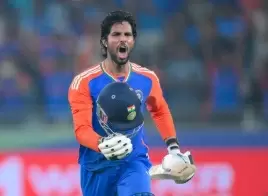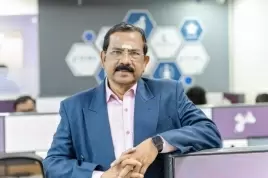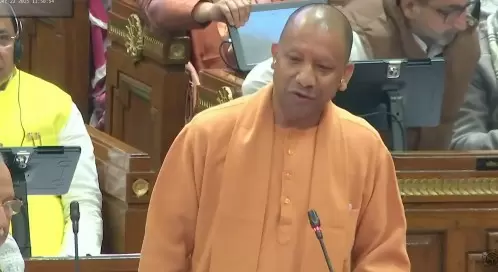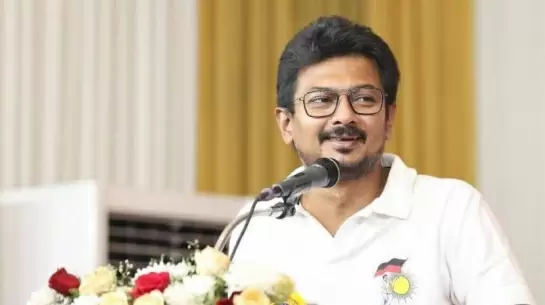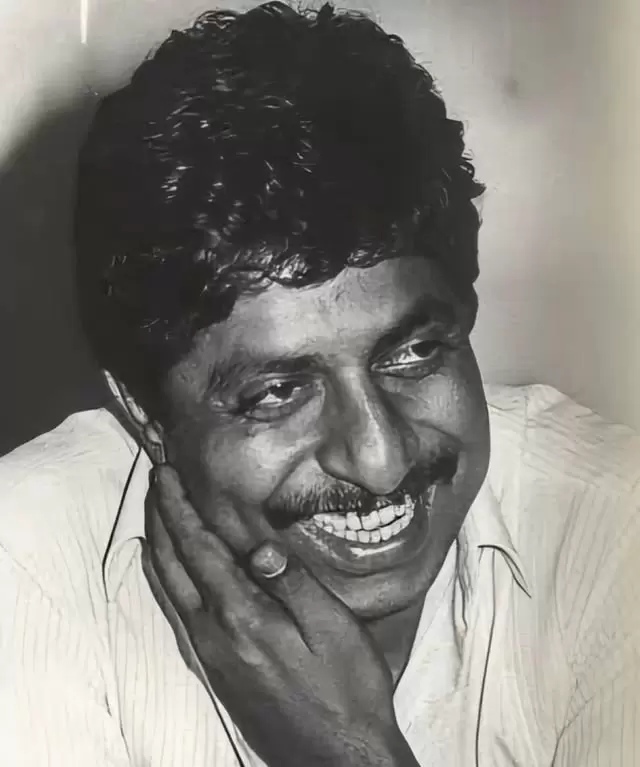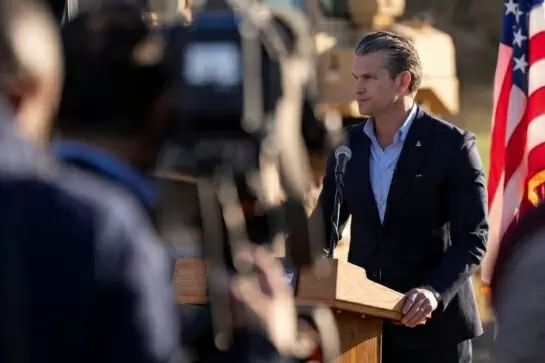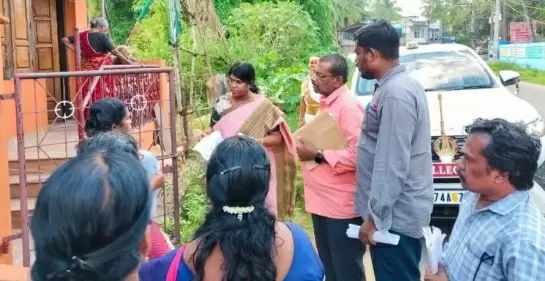‘There are no TV or print journalists. Just good or bad ones’
22-December-2012
Vol 3 | Issue 51
Over the last 35 years, Paranjoy Guha Thakurta has donned many a hat, each more elegantly that the last. As a print journalist, he has worked for top publications in the country like Business India, Businessworld, The Telegraph, India Today and The Pioneer.
As a teacher, he has been a visiting professor at august institutions like the Indian Institutes of Management, Jawaharlal Nehru University and Jamia Millia Islamia. He is also one of the few journalists who have worked in the print and television media with equal ease (“There are no TV or Print journalists. Just good or bad ones,” he says).
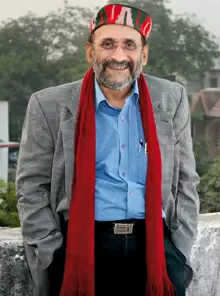 |
|
Paranjoy Guha Thakurta believes the internet cannot replace trained journalists (Photo: The Sunday Indian)
|
Nearly 1,400 half-hour episodes of his daily discussion programme called India Talks have been broadcast on CNBC-India.
As he was finishing his Master’s degree at the Delhi School of Economics in 1977, it was always a choice between teaching and journalism. But the 19 month long emergency, the first and only time in the history of independent India that the freedom of expression was curbed, tilted the scales in the favour of journalism.
“As a young person of 22, I saw how a few publications were holding their own against the government.
Reporters were getting jailed. The electronic media – the TV and the radio, were completely in the government’s control. The government was very conscious of the control it exerted. In January, 1977, when the first major rally against the government was held in the Ram Lila grounds, Doordarshan broadcast the hugely popular Bobby. They actually thought that they could discourage people from going to the rally by playing a recent, popular film. That was how much they underestimated the power of the electronic media.
“For me the fact that the government of the day could abridge democratic systems across the board left a mark on my psyche. So when the late Bhabani Sengupta wanted me to join a magazine that he was starting from Kolkata, I joined him with the handsome salary of Rs 800 a month and the even more handsome designation of an Assistant Editor in June 1977,” he reminisces.
The Indian media has come a long way since then. From the times when journalists would be proud to be responsible for upholding democratic values, the media today is facing a severe credibility crisis. And Guha Thakurta has been very vocal about it. He has written extensively about how the media today is actually being used to maintain the status quo instead of challenging it. His documentary Idiot Box or Window of Hope, especially looks into the role of the television in this respect.
“We believed we would be the adversaries to the powers that be. Even then we had corrupt and unethical journalists. But with the proliferation of media saw to a lowering of qualities. It is no longer a question of integrity of individuals with huge oligarchies and conglomerates coming in. Those who are in this business should realise that they are here not only to make a profit but also to provide a public good,” he says.
He also mentions that despite a huge number of publications, the Indian media today truly lacks plurality. “Delhi has 16 daily news papers circulating every day. But of these, the first three publications take up well over 80 per cent of the market share. So, you have to ask yourself, what are the other 13 doing? Is there really any heterogeneity left?”
“It has become easier for every citizen to be a journalist today, with the proliferation of technology. But that does not mean that every citizen can become one. It is not just about gathering information, it is also about presentation. The need for information may be met by a 50 words Twitter update, but it cannot provide the depth of a 500 word article, which in turn falls short of the information of a 50,000 word book. Thus, even with proliferation of the internet, we will continue to need proper journalists,” he opines, when talking about technology and how it is changing media today.
As always, Guha Thakurta has returned time and again to teaching. “In fact, now, I spend about a third of my time teaching and training; a third is that of a journalist excepting that I do more of opinion pieces and editing that reporting. The rest of my time is spent in doing work that is a bit more permanent – producing documentaries and writing books,” he says.
To young journalists, he has just one advice: do not come with stars in your eyes. “Like any other profession, you have to start at the bottom here, where you are paid the lowest and have to work the hardest. However, if you believe in the freedom of expression, if you believe that the press is indeed the fourth estate of democracy, then you will derive a pleasure out of your work that no money can buy,” he promises. Sage advice indeed.
By arrangement with The Sunday Indian






